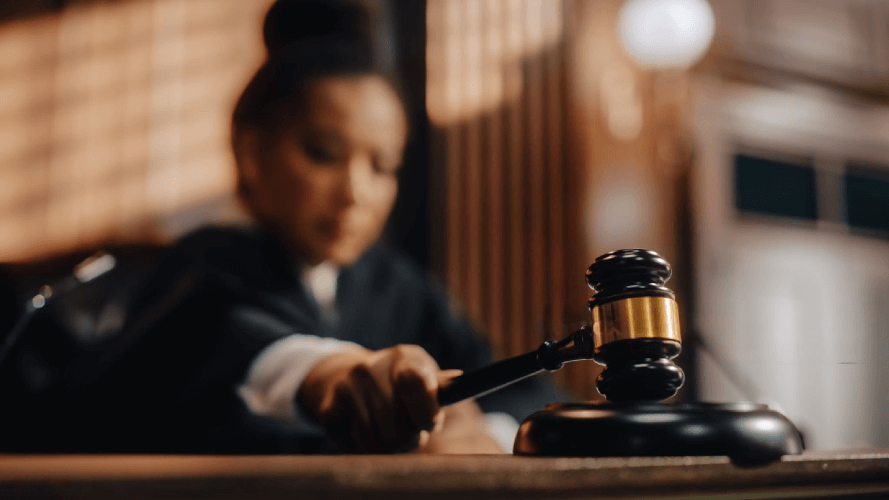Key Insights
- The SEC has dropped charges against Ripple executives Brad Garlinghouse and Chris Larsen in their long-running legal battle over XRP transactions.
- Ripple celebrates a partial victory after earlier court rulings and shifts focus to the institutional sales aspect.
- The legal battle exemplifies the complexities in cryptocurrency regulation, potentially shaping the U.S. approach to digital assets.
The U.S. Securities and Exchange Commission (SEC) has opted to halt its pursuit of allegations against Ripple’s CEO, Brad Garlinghouse, and Executive Chairman, Chris Larsen, in connection with the company’s XRP transactions.
This decision, disclosed in a recent filing, not only marks a surprising shift in the SEC’s ongoing legal battle with Ripple but also clears the path for the crypto company to claim yet another victory in this protracted litigation.
“SEC went after the good guys”
The SEC’s decision to abandon the charges of aiding and abetting against Garlinghouse and Larsen is a pivotal development in a lawsuit that has been generating headlines for years.
Importantly, these charges have been dropped with prejudice, signifying that they cannot be resurrected in the future. It’s a decisive move that has brought relief to the two Ripple executives, who have long maintained their innocence.
Brad Garlinghouse, in a released statement, expressed his satisfaction with the decision, highlighting the ordeal they’ve been through:
For nearly three years, Chris and I have been the subject of baseless allegations from a rogue regulator with a political agenda. Instead of looking for the criminals stealing customer funds on offshore exchanges that were courting political favor, the SEC went after the good guys.
This legal saga took a significant turn back in July when a judge ruled that Ripple had not breached federal securities laws by making XRP available to retail investors via exchanges.
However, the ruling also indicated that the company had indeed violated federal securities laws in directly selling XRP to institutional investors, which remains a focal point of contention between Ripple and the SEC. The dropped charges are intimately linked to these institutional sales, setting the stage for a potentially pivotal trial next April.
SEC decision may expedite the appeal process in Ripple case
The SEC’s decision to drop charges against Garlinghouse and Larsen is seen by some as a strategic move. According to Katherine Kirkpatrick, the chief legal officer for Cboe Digital, it could pave the way for a quicker appeal of the Ripple decision.
The SEC has voluntarily dismissed the case against #Ripple senior execs. This means they can proceed to appeal the Ripple decision much sooner–otherwise they would have had to wait until the conclusion of that trial in the late spring.
— Katherine Kirkpatrick Bos (@kkirkbos) October 19, 2023
If the SEC had waited for the conclusion of the trial related to institutional sales, the appeal process might have been delayed.
Read also: Ripple Lawyers Call for SEC Appeal to Be Dismissed
This development is part of a broader trend where the SEC has faced challenges in its pursuit of cryptocurrency companies over alleged securities law violations. SEC Chair Gary Gensler has been vocal in advocating that most cryptocurrencies should fall under the SEC’s jurisdiction. Yet, U.S. judges have repeatedly demonstrated that the matter is far from clear-cut.
As Congress has yet to establish comprehensive cryptocurrency regulatory laws, the outcome of these legal battles may significantly influence how the U.S. government approaches digital assets in the future. In the interim, Ripple has revealed that the majority of its business operations are now conducted outside the United States.


